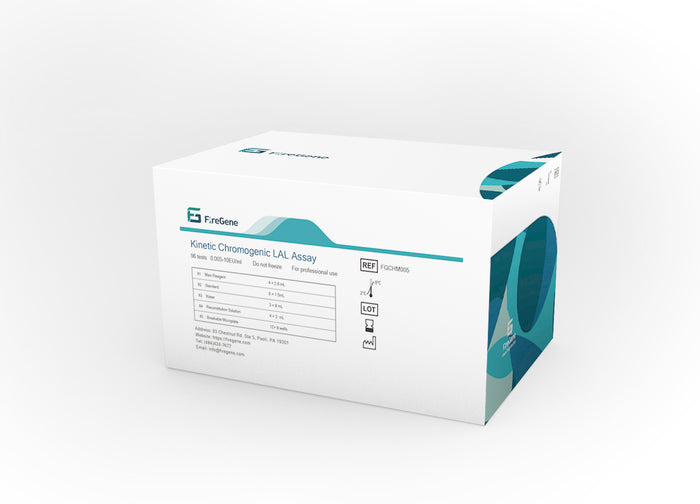
# Endotoxin Quantification Using Chromogenic Endotoxin Quant Kit
## Introduction to Endotoxin Detection
Endotoxins, also known as lipopolysaccharides (LPS), are toxic components found in the outer membrane of Gram-negative bacteria. These molecules can cause severe inflammatory responses when introduced into the bloodstream, making their detection and quantification crucial in pharmaceutical, medical device, and biotechnology industries.
## The Chromogenic Endotoxin Quant Kit Principle
The Chromogenic Endotoxin Quant Kit utilizes a chromogenic substrate that reacts specifically with endotoxins in the presence of Limulus Amebocyte Lysate (LAL). This reaction produces a yellow-colored product whose intensity is directly proportional to the endotoxin concentration in the sample.
## Key Features of the Kit
– High sensitivity with detection limits as low as 0.005 EU/mL
– Wide linear range for accurate quantification
Keyword: Chromogenic Endotoxin Quant Kit
– Compatibility with various sample types
– Simple and rapid procedure
– Excellent reproducibility
## Step-by-Step Protocol
### Sample Preparation
Prepare samples according to the manufacturer’s instructions, ensuring proper dilution to fall within the kit’s detection range. Use endotoxin-free water and materials throughout the process.
### Standard Curve Preparation
Prepare a series of endotoxin standards following the kit protocol. Typically, this involves serial dilutions of a known endotoxin concentration.
### Reaction Setup
– Add 100 μL of each standard or sample to appropriate wells
– Add 100 μL of LAL reagent to each well
– Incubate at 37°C for the specified time
### Measurement and Analysis
After incubation, measure the absorbance at 405-410 nm using a microplate reader. Calculate endotoxin concentrations by comparing sample absorbance values to the standard curve.
## Applications of Endotoxin Quantification
The Chromogenic Endotoxin Quant Kit finds applications in:
– Quality control of pharmaceuticals and medical devices
– Monitoring of water systems
– Research in immunology and inflammation studies
– Validation of depyrogenation processes
## Advantages Over Other Methods
Compared to gel-clot and turbidimetric methods, the chromogenic assay offers:
– Quantitative results with higher precision
– Objective measurement via spectrophotometry
– Better sensitivity for low endotoxin levels
– Easier data interpretation
## Troubleshooting Common Issues
If encountering problems with the assay, consider these solutions:
– High background: Ensure all materials are endotoxin-free
– Poor standard curve: Check reagent preparation and storage conditions
– Inconsistent results: Verify incubation temperature and timing
– Low sensitivity: Confirm proper wavelength settings on the plate reader
## Conclusion
The Chromogenic Endotoxin Quant Kit provides a reliable, sensitive, and quantitative method for endotoxin detection. Its chromogenic approach offers significant advantages for laboratories requiring precise endotoxin measurements in various applications. By following the proper protocol and quality control measures, researchers can obtain accurate and reproducible results essential for product safety and research validity.